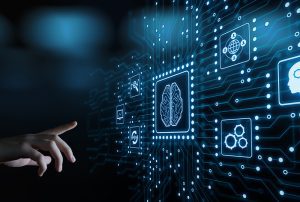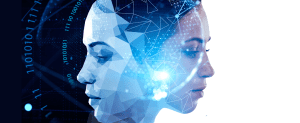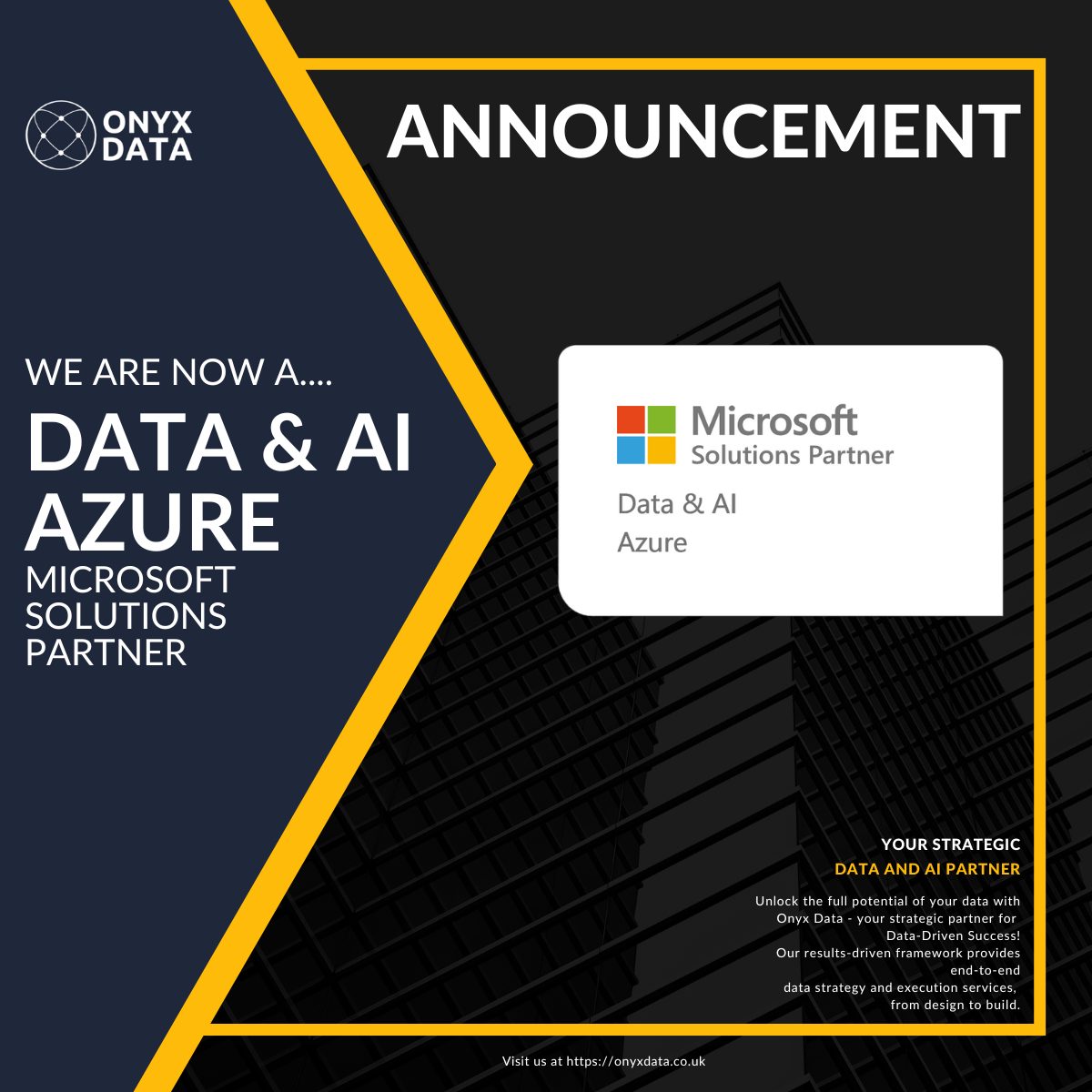Could AI Ever Replicate or Outperform the Brain?
In recent years, Artificial Intelligence (AI) has made significant strides, raising questions about its potential to replicate or even outperform the human brain. As technology advances and AI systems become more sophisticated, the debate about the limits and capabilities of AI versus the human brain continues to intensify.
Several Advantages with AI on the human brain
- Augmented Intelligence: AI can assist and enhance human cognitive abilities, providing tools and technologies that amplify human intelligence and decision-making processes.
- Automation of Repetitive Tasks: AI can take over tasks that lack interest and are repetitive, freeing up human brainpower for more creative and complex thinking.
- Data Analysis and Insights: AI can process and analyse vast amounts of data, identifying patterns and trends that humans might miss, leading to more informed decision-making.
- Personalised Learning: AI-powered educational tools can cater to individual learning styles, helping learners grasp concepts at their own pace and level.
Several Disadvantages with AI on the human brain
- Over Reliance on AI: People may become overly dependent on AI for decision-making and problem-solving, leading to a decline in critical thinking and problem-solving skills among individuals.
- Loss of Jobs: Jobs that involve repetitive tasks are particularly vulnerable to automation, leading to economic and social challenges as people struggle to find new employment opportunities.
- Social Isolation: As people interact more with AI-powered systems and devices, there may be a decrease in face-to-face communication and human-to-human interactions.
- Data Privacy and Security Concerns: The collection, storage, and use of personal data raise significant privacy and security concerns. If not properly safeguarded, this data can be vulnerable to breaches and misuse.
The Complexity of the Human Brain

The human brain is an incredibly intricate and adaptive system, comprising around 86 billion neurons, each with numerous connections, allowing for complex neural networks. This structure enables humans to perform tasks with remarkable speed, accuracy, and creativity. The brain is self-aware and conscious, attributing to qualities like empathy, emotions, and consciousness, which are yet to be replicated in AI.
The Challenge of Replication
Replicating the full spectrum of human intelligence remains an enormous challenge. AI’s reliance on data limits its ability to think creatively and solve problems in novel ways. The human brain can draw on past experiences and knowledge to reason through new situations, a quality known as “common sense,” which AI systems lack.
Neuroscientists are still unravelling the intricacies of the human brain, and our understanding of consciousness is far from complete. Without a comprehensive grasp of the brain’s workings, creating an artificial version that equals or surpasses it remains a distant goal.
Coexistence and Collaboration

Rather than viewing AI as a rival to the human brain, a more optimistic approach is to explore how humans and AI can collaborate cooperatively. AI can augment human capabilities, assisting in decision-making, providing insights from vast datasets, and handling repetitive tasks. This partnership can lead to transformative advancements in medicine, science, and various other fields.
Conclusion
While AI has demonstrated remarkable capabilities, it is still far from replicating or outperforming the complexity and adaptability of the human brain. The brain remains an unparalleled marvel, enabling us to exhibit creativity, consciousness, and a deep understanding of the world.
As AI continues to evolve, we must approach its development responsibly and ethically. Instead of fearing its potential to outperform humans, we should embrace AI as a powerful tool for enhancing our abilities and solving complex challenges. With careful consideration, humans and AI can forge a cooperative and innovative future, leading to unprecedented progress in science, technology, and beyond.
Want to find out more?
Interested in learning more about AI and how we Onyx Data use it to transform businesses? Contact us today to get in touch with our team of experts. Whether you have specific questions, need additional details, or want to explore customised data solutions tailored to your needs, we’re here to assist you every step of the way. Embrace the future of data-driven success with Onyx. Reach out now!
Sources:
Horgan, J., 1999. The undiscovered mind: How the human brain defies replication, medication, and explanation. Psychological Science, 10(6), pp.470-474.
Davis, J.P., 2018. Law without mind: AI, ethics, and jurisprudence. Cal. WL Rev., 55, p.165.
Werbos, P.J., 2009. Intelligence in the brain: A theory of how it works and how to build it. Neural Networks, 22(3), pp.200-212.







